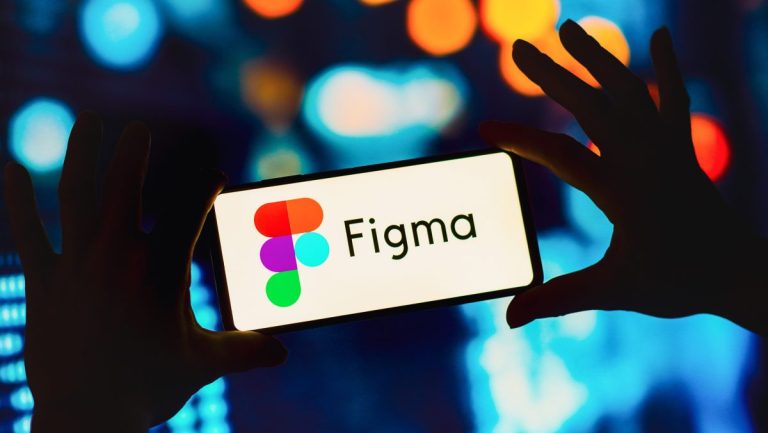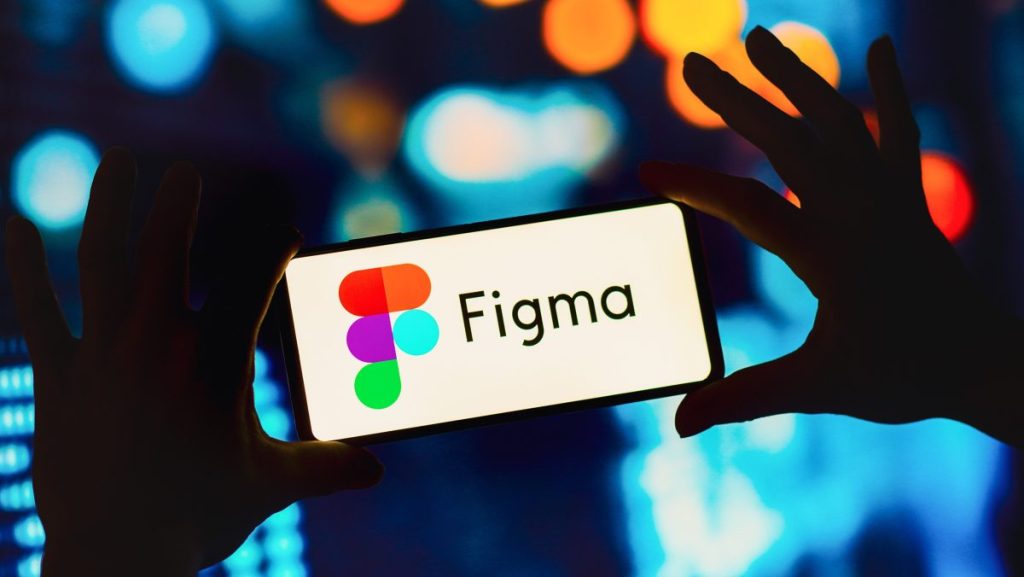A proposed Florida legislation requiring social media platforms to create encryption backdoors for law enforcement access to user accounts has moved closer to becoming law, sparking intense debate over digital privacy and security. The bill, labeled SB 868, recently passed a critical committee vote and will now advance to the state Senate for final consideration.
The legislation mandates that social media companies provide decryption methods for end-to-end encrypted communications when authorities present a subpoena. Additionally, it would grant parents or guardians access to minors’ accounts and prohibit features like disappearing messages for users under 18. Proponents argue the measures aim to protect children online, but critics warn the requirements undermine fundamental security protections.
Digital rights advocates, including the Electronic Frontier Foundation (EFF), have condemned the bill as counterproductive. In a recent statement, the EFF emphasized that encryption is vital for safeguarding personal data from hackers, malicious actors, and unauthorized surveillance. “Forcing companies to weaken encryption undercuts the very tools that keep minors safe online,” the organization stated, calling the proposal “a reckless approach that prioritizes surveillance over security.”
Tech industry groups and privacy experts echo these concerns, noting that encryption backdoors could expose all users—not just minors—to heightened risks of data breaches and cyberattacks. Companies like Meta, Apple, and Google have increasingly adopted end-to-end encryption to ensure user communications remain private, even from the platforms themselves. This shift has complicated law enforcement efforts to access data, as companies often require warrants backed by judicial approval before disclosing sensitive information.
The Florida bill follows a controversial 2024 law restricting social media access for users under 16, which remains tied up in legal challenges over constitutional concerns. Critics argue SB 868 similarly overreaches, conflating child protection with invasive surveillance measures. Legal scholars question whether the bill’s subpoena-based approach—which lacks judicial oversight—would withstand constitutional scrutiny, given existing precedents requiring warrants for accessing private communications.
A parallel bill in the Florida House (HB 743) is also progressing, needing only a final committee vote before reaching the House floor. If both chambers approve the legislation, Florida could set a precedent for other states seeking to regulate encryption and minors’ online activity. However, opponents warn that such laws could fragment national privacy standards and force tech companies to choose between complying with conflicting state regulations or abandoning encryption altogether.
As the debate intensifies, stakeholders await further developments, including potential legal challenges and broader implications for digital rights. The outcome could reshape how governments balance security, privacy, and parental oversight in an increasingly connected world.















